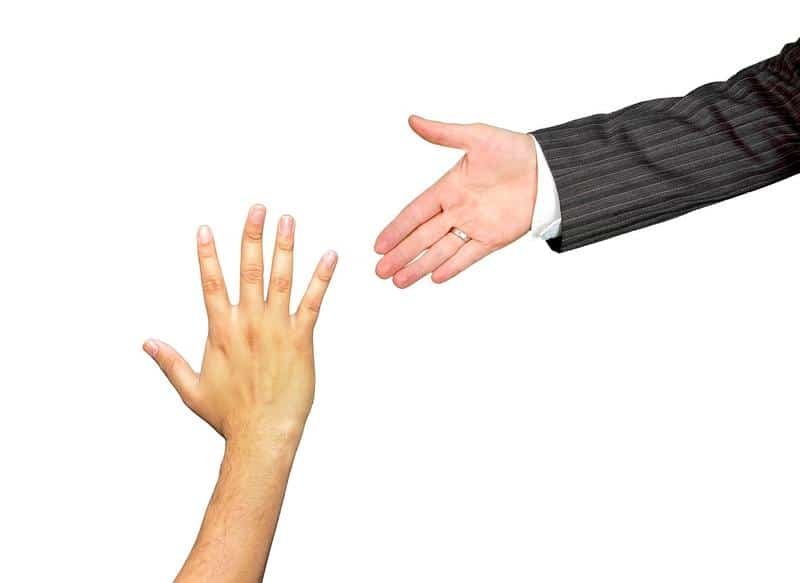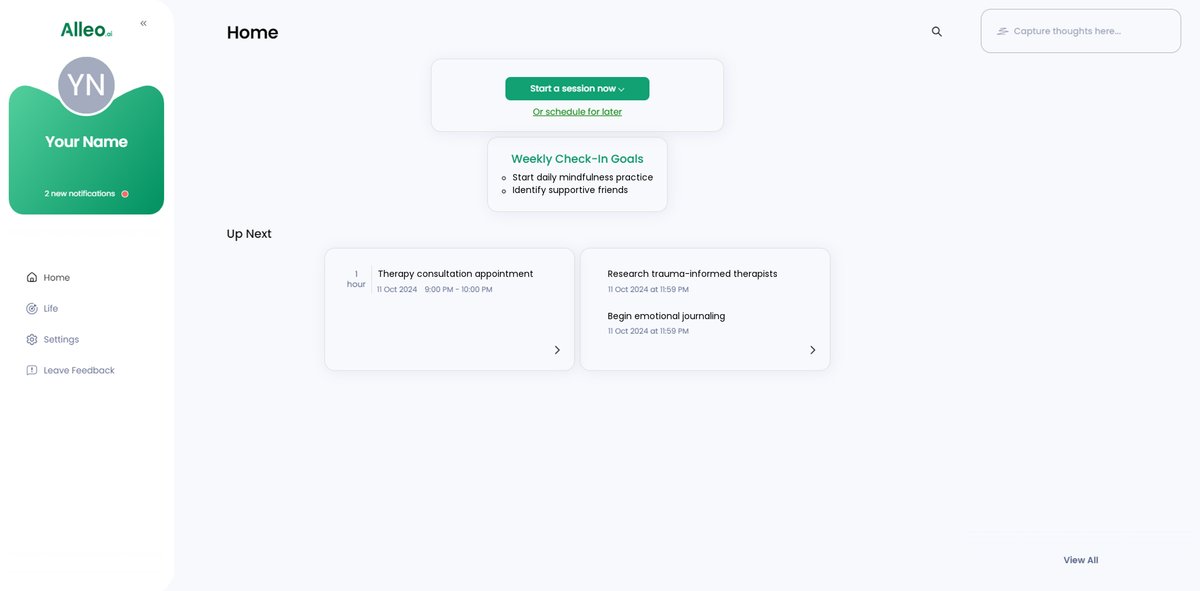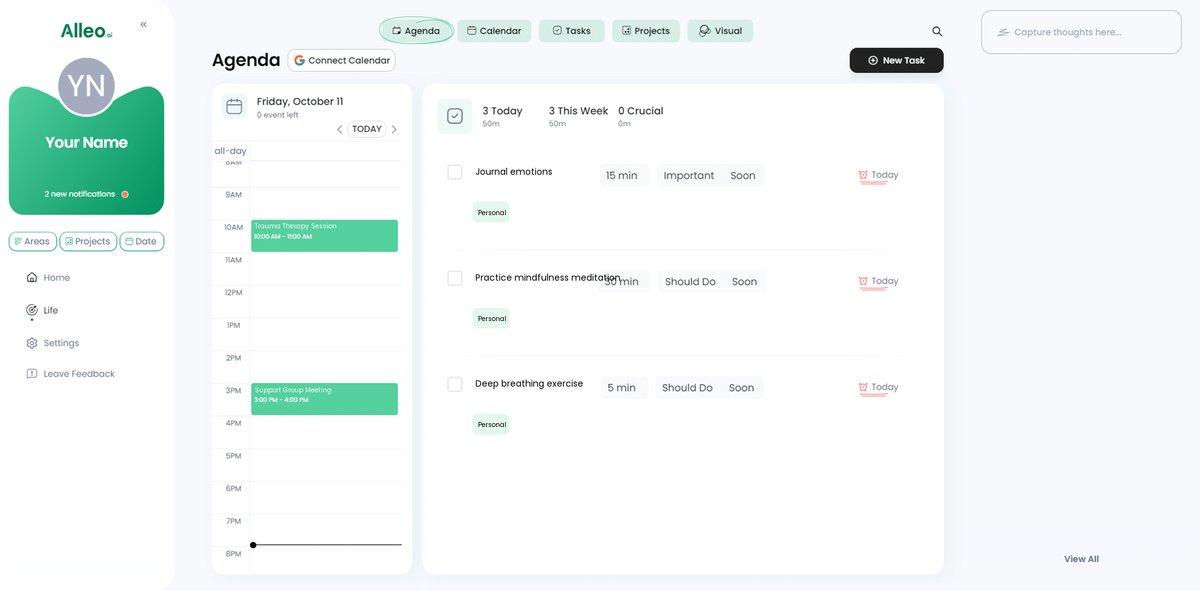3 Proven Methods to Heal from Relationship Trauma for Young Adults
Are you struggling to move past the shadows of previous relationships, even when your current partner is patient and supportive? Healing relationship trauma for young adults can be a challenging journey.
As a life coach, I’ve guided many women through the complexities of healing relationship trauma. I’ve seen firsthand how unresolved issues can manifest as toxic behaviors, impacting trust-building and self-esteem in new relationships.
In this article, you’ll discover practical strategies to heal from past relationship trauma. We’ll cover trauma-informed therapy options, self-awareness practices, and building a support network. These emotional healing techniques can help young adults overcome fear of intimacy and develop healthy boundaries.
Let’s dive into self-care strategies for trauma survivors and mindfulness practices for healing.

Understanding the Depth of Relationship Trauma
Healing relationship trauma in young adults can be a challenging process, often leading to significant emotional distress. Many clients initially struggle with trust issues, feeling unable to fully rely on their partners, which can hinder trust-building exercises.
Emotional outbursts and self-sabotaging behaviors are common. These reactions can strain even the most supportive relationships, making it crucial to develop healthy boundaries in new relationships.
Imagine feeling overwhelmed by past trauma, despite your partner’s patience. This constant battle can leave you feeling isolated and misunderstood, often requiring self-care strategies for trauma survivors.
In my experience, people often find it challenging to break these patterns. The pain of unresolved trauma can be immense, making it hard to move forward and potentially leading to relationship PTSD.
It’s important to recognize the symptoms and seek help. Healing relationship trauma in young adults is possible with the right support and strategies, such as therapy options, mindfulness practices for healing, and support groups for relationship trauma recovery.

Roadmap to Healing Relationship Trauma
Overcoming this challenge requires a few key steps for healing relationship trauma in young adults. Here are the main areas to focus on to make progress.
- Seek trauma-informed therapy or counseling: Find a qualified therapist specializing in trauma-focused treatments like EMDR or CBT, which are effective therapy options for relationship PTSD.
- Practice self-awareness and emotional regulation: Develop mindfulness practices for healing and emotional healing techniques to support your recovery.
- Build a support network of trusted individuals: Connect with empathetic friends, family, and online support groups for relationship trauma recovery.
Let’s dive in to explore these coping mechanisms for young adults!
1: Seek trauma-informed therapy or counseling
Addressing past relationship trauma with professional help is essential for healing relationship trauma in young adults.
Actionable Steps:
- Research and select a qualified trauma-informed therapist. Look for therapists specializing in trauma-focused therapies like EMDR or CBT, which are effective therapy options for relationship PTSD.
- Schedule an initial consultation within the next two weeks. Reach out to at least three potential therapists and inquire about their approach to trauma and emotional healing techniques.
- Commit to regular therapy sessions. Schedule weekly or bi-weekly sessions based on the therapist’s recommendation. Track attendance and progress in a journal as part of your self-care strategies for trauma survivors.
Explanation: Seeking trauma-informed therapy is crucial because it addresses the root causes of emotional distress. Regular sessions with a qualified therapist can help you process past traumas and develop healthier coping mechanisms for young adults.
According to FamilyMeans, trauma-focused therapies are highly effective in promoting emotional healing.
Key benefits of trauma-informed therapy include:
- Improved emotional regulation and mindfulness practices for healing
- Enhanced self-awareness and trust-building exercises
- Development of healthy coping strategies and rebuilding self-esteem after toxic relationships
Taking these steps will set a solid foundation for your healing journey in overcoming fear of intimacy and establishing healthy boundaries in new relationships.

2: Practice self-awareness and emotional regulation
Developing self-awareness and emotional regulation is vital for healing relationship trauma in young adults.
Actionable Steps:
- Start a daily mindfulness practice. Set aside 10 minutes each morning for meditation to observe thoughts and emotions without judgment, aiding in healing relationship trauma.
- Keep a daily emotional journal. Write reflections on your feelings and reactions each evening to identify triggers and patterns, supporting emotional healing techniques.
- Learn and use emotional regulation techniques. Research techniques like deep breathing and grounding exercises, and practice them during stressful moments as coping mechanisms for young adults.
Explanation: Practicing self-awareness and emotional regulation helps you understand and manage your emotions better. This approach can reduce the impact of past trauma on current relationships and is crucial for healing relationship trauma in young adults.
According to Marriage.com, mindfulness and emotional regulation are effective in promoting mental well-being and healing.
These steps will help you build emotional resilience, aiding your overall healing journey and supporting self-care strategies for trauma survivors.

3: Build a support network of trusted individuals
Creating a support network of trusted individuals is essential for healing relationship trauma in young adults.
Actionable Steps:
- Identify empathetic friends and family members. Make a list of those who have shown understanding and reach out to them as part of your healing relationship trauma journey.
- Join online support communities. Participate in forums or social media groups focused on trauma recovery and coping mechanisms for young adults twice a week.
- Seek a mentor or coach specializing in trauma recovery. Schedule monthly sessions to work on personal healing goals and self-care strategies for trauma survivors.
Explanation: Building a support network is crucial because it provides emotional stability and encouragement. Engaging with trusted individuals helps you feel less isolated and more understood, which is vital for healing relationship trauma in young adults.
According to Verywell Health, supportive relationships can significantly aid in the recovery process for those overcoming fear of intimacy and rebuilding self-esteem after toxic relationships.
Qualities to look for in supportive individuals:
- Empathy and understanding
- Active listening skills
- Respect for boundaries
By connecting with others, you create a safety net that promotes healing and resilience, essential for young adults healing from relationship trauma.

Partner with Alleo on Your Healing Journey
We’ve explored the challenges of healing from relationship trauma and the steps to achieve it. Did you know you can work with Alleo to make this journey easier and faster for young adults healing relationship trauma?
Set up an account with Alleo and create a personalized plan. Our AI coach provides tailored support, just like a human coach, offering emotional healing techniques and trust-building exercises.
Receive follow-ups on your progress, handle changes, and stay accountable via text and push notifications. Alleo offers affordable coaching with a free 14-day trial, no credit card required. Our platform includes self-care strategies for trauma survivors and mindfulness practices for healing.
Ready to get started for free? Let me show you how to begin your journey of healing relationship trauma!
Step 1: Log in or Create Your Alleo Account
To begin your healing journey with personalized AI coaching, log in to your existing Alleo account or create a new one in just a few clicks.

Step 2: Choose Your Focus Area
Click on “Improving overall well-being and life satisfaction” to address the root causes of relationship trauma and build a foundation for healthier connections. This goal aligns with your journey towards emotional healing and personal growth.

Step 3: Select “Personal” as Your Focus Area
Choose “Personal” as your life area focus in Alleo to address relationship trauma healing, allowing you to work on self-awareness, emotional regulation, and building a support network – key elements in overcoming past relationship challenges and fostering healthier connections.

Step 4: Starting a Coaching Session
Begin your healing journey by scheduling an intake session with Alleo’s AI coach to create a personalized plan tailored to your relationship trauma recovery goals.

Step 5: Viewing and Managing Goals After the Session
After your coaching session on healing from relationship trauma, open the Alleo app to find your personalized goals displayed on the home page, allowing you to easily track and manage your progress towards emotional healing and building healthier relationships.

Step 6: Adding events to your calendar or app
Use Alleo’s calendar and task features to track your progress in healing from relationship trauma by adding therapy sessions, mindfulness practices, and support group meetings to your schedule. You can easily monitor your journey and stay accountable as you work towards emotional healing and healthier relationships.

Embracing Your Healing Journey
Healing relationship trauma for young adults is a challenging but rewarding journey. Each step brings you closer to emotional freedom and healthier relationships.
Remember, you’re not alone in healing relationship trauma. Many young adults have successfully navigated this path using various emotional healing techniques.
You have the power to heal. By seeking trauma-informed therapy, practicing self-awareness, and building a support network, you can overcome past traumas and rebuild self-esteem after toxic relationships.
Take advantage of tools like Alleo to support your journey in healing relationship trauma. Our AI coach is here to guide young adults every step of the way, offering coping mechanisms and trust-building exercises.
Ready to take the next step in healing relationship trauma? Start your free trial with Alleo today and begin your transformation through mindfulness practices for healing.